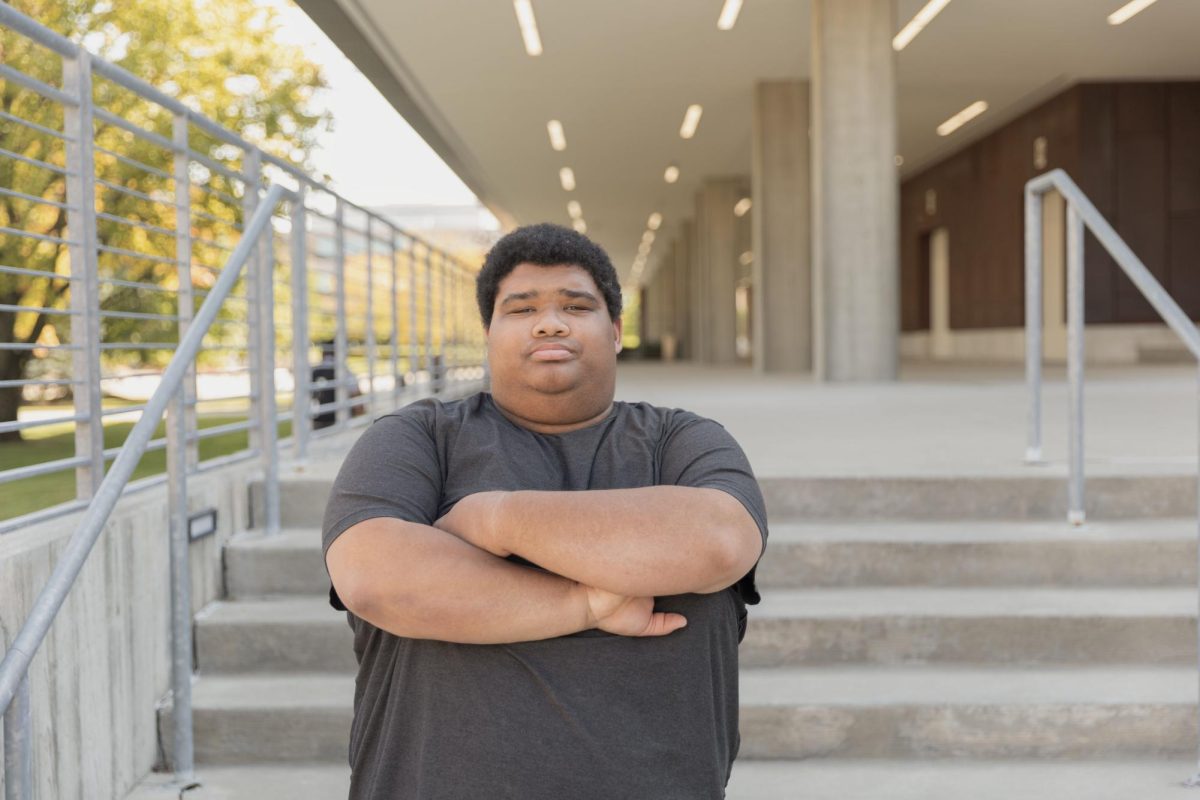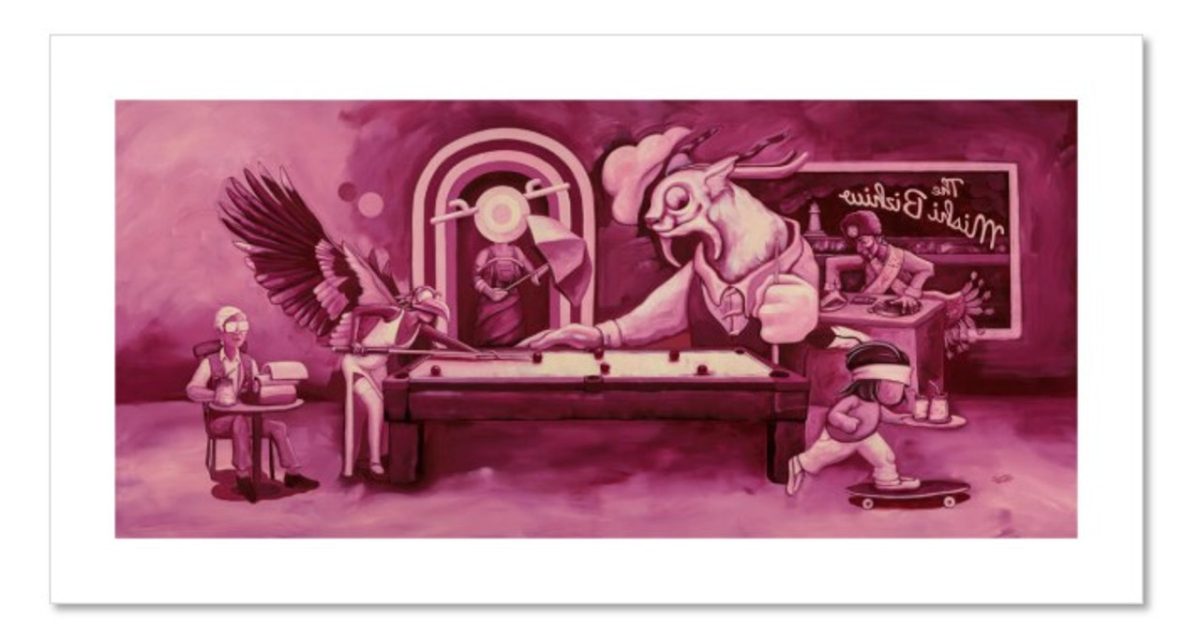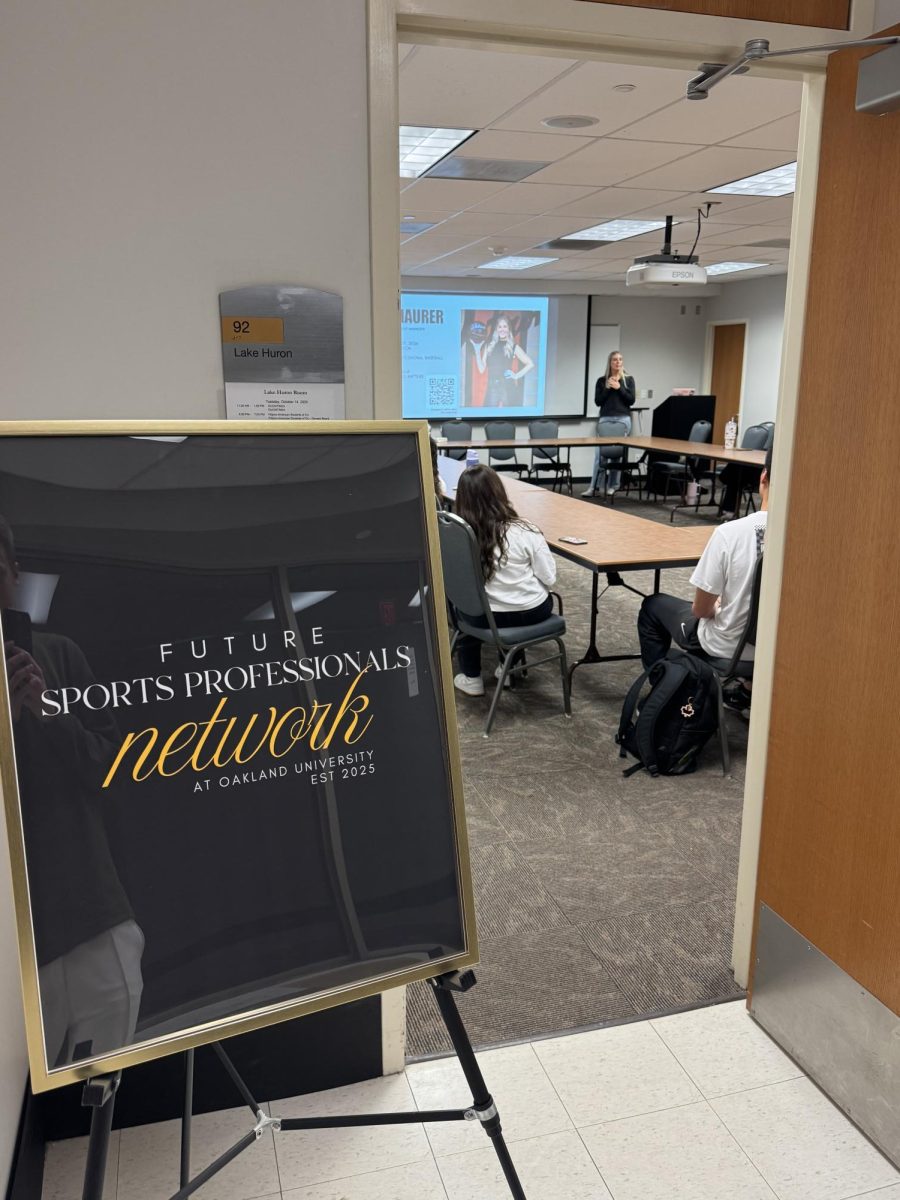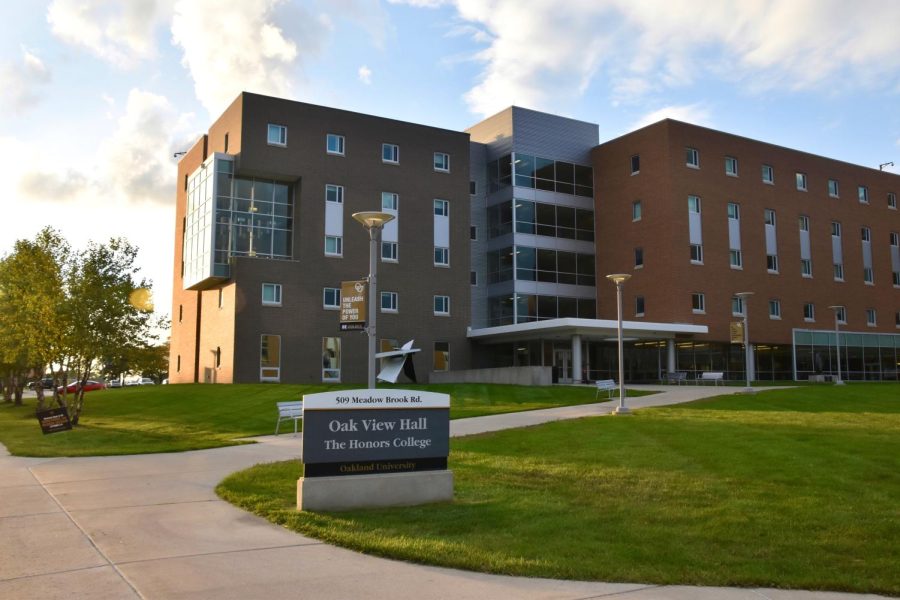“The Importance of Civility and Improving Political Discourse” is a timely topic for the inaugural panel discussion of OU’s Center for Civic Engagement new Dennis Muchmore Public Policy Lecture Series. Due to all kinds of factors, not least the dehumanizing and disembodying modes of encounter in social media, far too many Americans too quickly shout down, villainize, and disavow other people with whom they disagree. Many of us have seen this happen in our own families and friend circles. I welcome panel discussions where people who have different opinions and political stances can respectfully, and energetically but calmly, argue their positions and then part ways with at least a handshake, if not a plan to meet at the pub for a beer.
Who would be ideal candidates for such a panel on civility? Two relatively well-known individuals from different backgrounds or political parties? Yes. Two individuals in whose legacies we might find moments to critique in hindsight, sure; but overall, whose legacies have not caused nationally infamous, catastrophic, and irremediable harm to communities they were elected to serve? Yes. Oh, wait. Here’s the problem.
The invited speakers in the CCE’s inaugural panel in the Muchmore Series are former Democratic Governor James Blanchard, who served from 1983-1991, and former Republican Governor Rick Snyder, who served from 2011-2019. Snyder’s administration was responsible for the Flint Water Crisis, and did not attend to public complaints over the dangerous water until forced to. I will not rehearse details here (my colleagues in OU’s Campus Alliance for Sustainbility and the Environment Steering Committee have incisively laid out Snyder’s policies and their various aftermaths in their letter to the Post); the tragedy of administrative neglect, overflowing with a shameful disregard for Flint as a low-income majority-minority city, is etched into the consciousness of Americans, and most of all Michiganders, into a category of sorrowful failures.
In a series on public policy, then, one would reasonably expect Snyder’s name to come up in a lecture on examples of botched public policy, and how to avoid such things in the future at all costs. Instead, he is an invited speaker.
Who made this decision to invite Snyder? Not someone whose child was poisoned with lead from their drinking water, never to fully recover. Not someone who was thinking of Oakland University students, faculty, or staff, or their families and friends, from Flint who would be shocked, confused and hurt to hear that someone so strongly and forever associated with so much disastrous neglect and impairment to their city is being welcomed to our campus. Whoever made this decision acts as if the pain of Flint is in the past, and people have got over it. But they haven’t. To the public consciousness, this invitation and platform to speak implicitly exonerates Snyder, on behalf of Oakland’s authority as a public university. As an OU faculty member, I’m confounded and embarrassed, and will not participate in such implicit exoneration.
And many others won’t, either. “The OU Community Concerned about Civility and Justice” group formed to bring attention to this event. I want to be clear—this group’s initial request was not to disinvite Snyder, as the Harvard Kennedy School did in 2019. We requested that the panel expand to include speakers who worked for justice in Flint in the aftermath of the water crisis, and who could speak directly about civility with Snyder. We wanted the line-up to change so it wasn’t sidestepping its contradictory situation vis-à-vis civility altogether, as it does now, with no acknowledgement that most Americans equate Snyder’s legacy with a lack of civility.
But no changes were made. Because of this, the OU Community Concerned about Civility and Justice will be hosting a teach-in on Monday, 09/18, from 12-2 in Founders Ballroom B – there will be invited speakers providing context and discussion. Everyone welcome! And at 6 PM, we will attend in silent, civil protest the CCE event – register to attend here.
The CCE usually does a fantastic job of cultivating strong public discourse here on OU’s campus. I really appreciate the CCE’s past and upcoming public events which have showcased models of civility, from Lincoln-Douglas style debates on hotly contested issues to the event they are hosting the day after the Snyder panel in honor of National Voter Registration: “Voting Rights Yesterday and Today: Lessons from Two Edmund Pettus Bridge Foot Soldiers,” featuring two women who marched with Dr. Martin Luther King, Jr. for voting rights justice—register here for that.
Civility is a good and necessary component of how we treat each other as democratic citizens. Without it as a baseline assumption guiding our behavior, we can too easily demonize those we disagree with. It is also true that, as some of my colleagues will speak to at the teach-in, the idea of civility has also been wielded as a tool to silence or suppress dissent. In fact, are we in such a situation now, as we are told that Snyder’s appearance is in the spirit of civility? As citizens and students and professors, we can critique those moments of misusing civility while also upholding what civility can and should be and do.
In a press release regarding the event, CCE director and Professor David Dulio said, “We can disagree without being disagreeable.” I agree. But inviting Snyder is not a matter of inviting someone with whom people disagree—his name is synonymous with one of the worst public policy failures and citizen maltreatment in recent American memory. To invite him to speak is to invite the campus community to act as if all that awful water management is now just water under the bridge, and to forget about Flint. And we cannot, and will not.













Robert Anderson • Sep 14, 2023 at 4:36 PM
Elegantly and thoughtfully expressed here. OU does itself no favors by granting the aura of respectability to one who could not find it in himself respect his fellow citizens, residents of the state he was charged to defend and represent, but left to suffer from his conscious neglect.